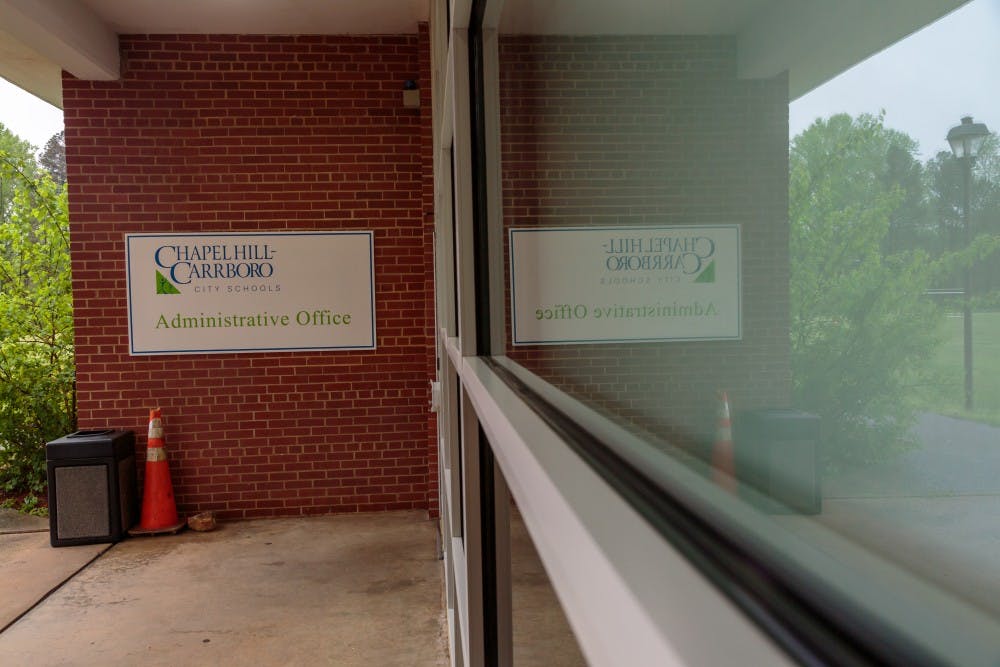For the 2017-18 school year, 87.2 percent of white students in grades 9 through 12 in Chapel Hill-Carrboro City Schools scored as "college and career ready" on their end-of-course exams, compared to 30.5 percent of Black students, 45.5 percent of Native American students and 45 percent of Hispanic students.
With such a large racial achievement gap, people are voicing concerns about what they view as the district moving away from the Blue Ribbon Mentor-Advocate, a program designed to improve the achievement of students of color.
“That gap that we all talk about is one of the crucial areas of disappointment in the Chapel Hill-Carrboro schools, and to see a program that’s actually addressing that with some success, deemphasized we’ll say — I’d say more neglected — is very disappointing,” said Mike Andrews, a longtime mentor in the program.
For over 20 years, BRMA has paired adult mentors with local students to provide academic support and leadership development to help these students reach their full potential.
N.C. Rep. Graig Meyer, D-District 50, was the Blue Ribbon program coordinator for 16 years before being elected to the N.C. House of Representatives in 2013.
On March 4, Meyer wrote a letter to the Orange County community entitled “Don’t Let the Chapel Hill-Carrboro City School System Dismantle the Blue Ribbon Mentor-Advocate Program,” where he alleged that the district has slowly been withdrawing support from the program by moving staff away from it and taking a stance that its expenses are not justified.
Meyer outlined specific actions taken by district administration that he believes directly undermine the BRMA program. These include taking the BRMA’s website offline during mentor recruitment system, prohibiting the establishment of an advisory council that would assist with fundraising and program support and prohibiting staff from transporting students in their personal vehicles.
Meyer said he has heard concerns from many students, parents, mentors and donors about the long-term strength of the program, and he urged community members to share their personal stories in order to show the district how impactful the program has been.
“Please tell the board about the students who will no longer have a mentor-advocate who meets them in fourth grade, shows up at their quinceañera or basketball games, and then helps them navigate the college application process,” Meyer wrote.



